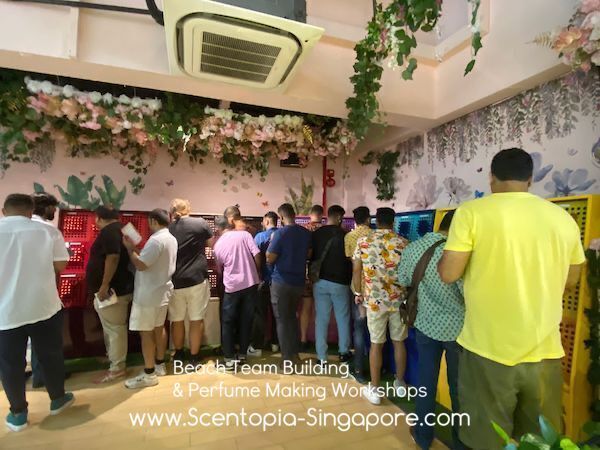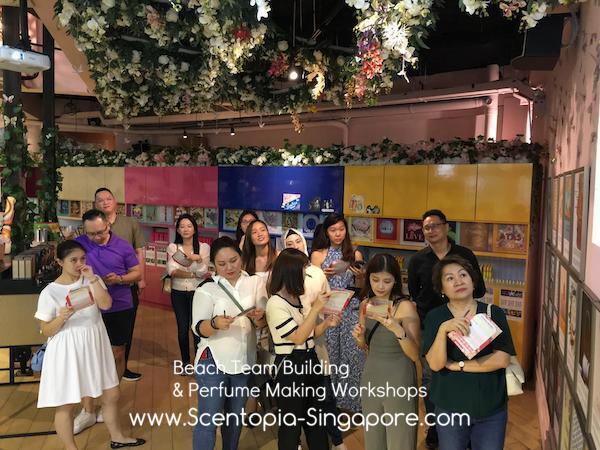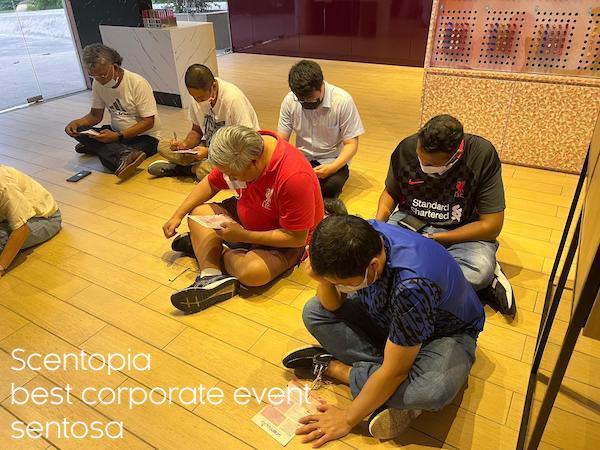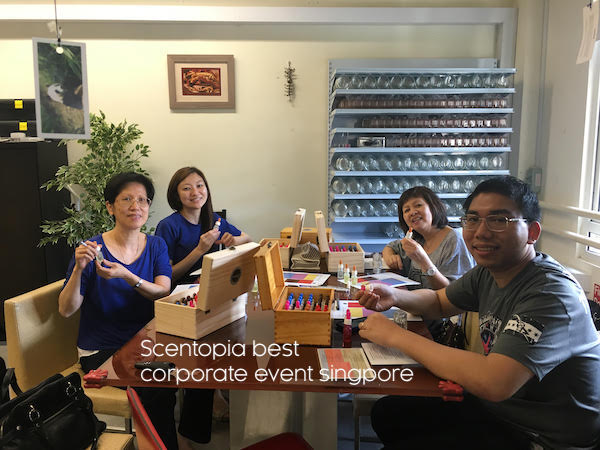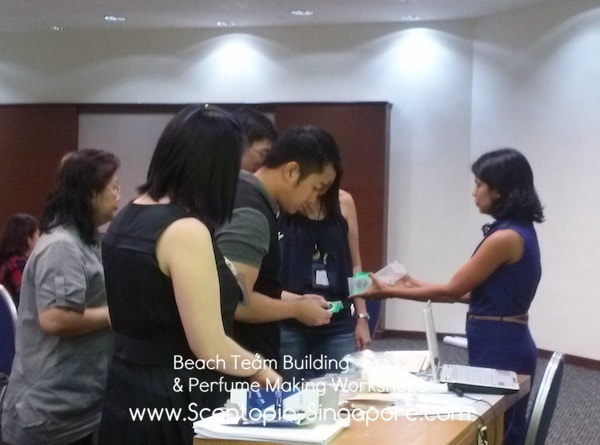Steps to Building Empathy at Work
17 April 2023
Steps to Building Empathy at Work
When there are interactions among creatures of understanding, there are bound to have conflicts. However, because we humans are creatures with emotional and intellectual understanding, we can take steps to smoothen out and prevent the escalation of conflicts.
We can manage this by utilizing the tool of empathy and the steps below could help you understand and set you out to apply this empathy tool at work.
We can manage this by utilizing the tool of empathy and the steps below could help you understand and set you out to apply this empathy tool at work.
